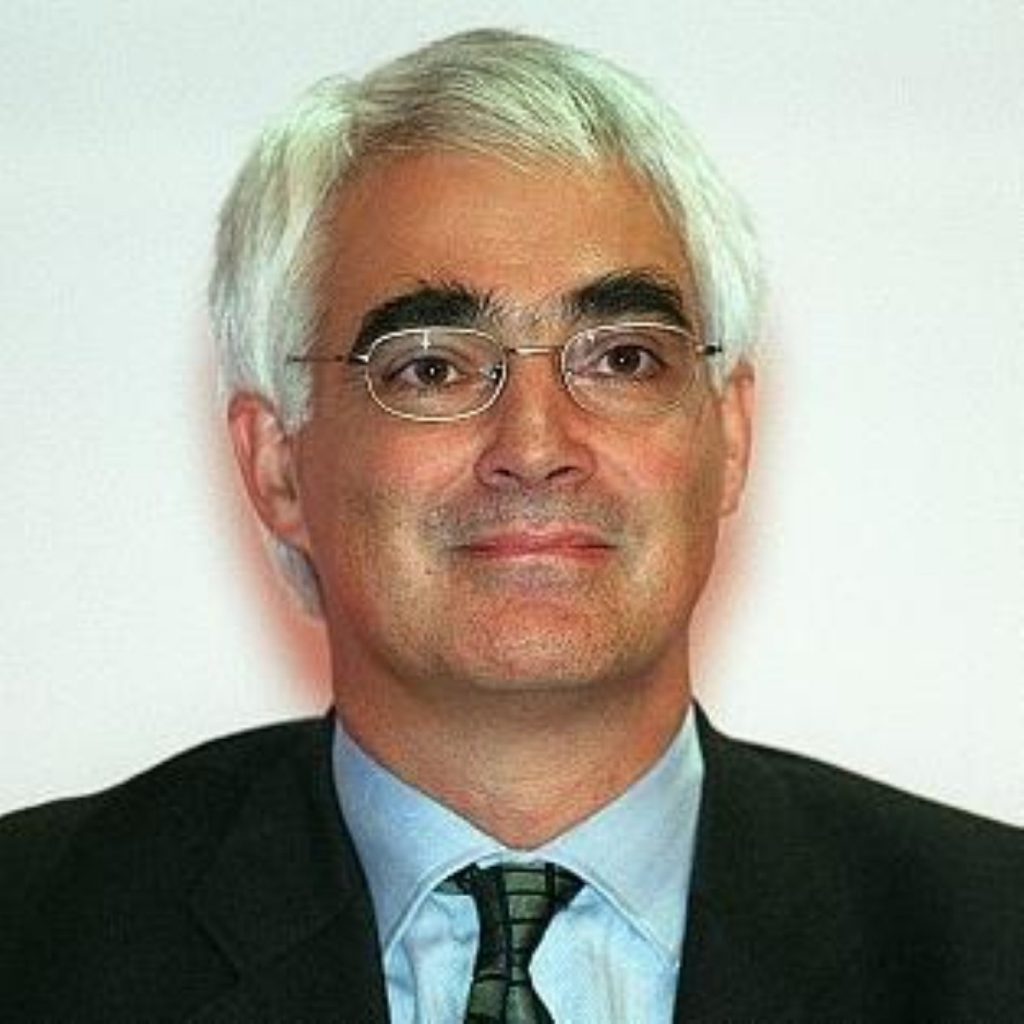Darling to extend bank takeover powers
Alistair Darling has unveiled proposals to make it easier for the banking authorities to take over troubled banks.
The move will enable the Bank of England and Financial Services Authority (FSA) to launch a secret takeover of a failing bank, in a bid to prevent a repeat of last year’s run on Northern Rock.
The proposals allow for emergency funding for “a period of non-disclosure”.
This would mean the Bank of England did not need to publish accounts detailing funding thereby, ministers hope, avoiding a crisis of consumer confidence.


If a bank is facing outright collapse, the government would be granted the power to “take temporary ownership of all or part of a bank as a last resort”.
Other options outlined in the proposals are for the Treasury to be granted “powers to allow the authorities to direct and accelerate transfers of banking business to a third party” and “powers to allow the authorities to take control of all or part of a bank (or of its assets and liabilities) through a “bridge bank”.
The chancellor is likely to become the key decision-maker in any such a move, with the power to overrule the Bank and FSA if necessary.
The proposal is modelled on the Cobra response to security threats, which places ultimate responsibility with the prime minister or home secretary.
Legislation enabling the move could be forced through parliament by the summer.
Launching a 12-week consultation today, Mr Darling said: “Recent months have seen a period of sustained turbulence and instability in global financial markets, with financial firms across the world affected. A response to these episodes requires action, not only from the UK authorities, but also from international firms and institutions.
“The government is determined that its response is proportionate and appropriate and will therefore consult actively on these proposals, seeking discussions with financial institutions, consumer representatives and counterparts from across the world, to ensure that the final arrangements are effective and deliver the five objectives set out here.”
The government wants to: strengthen the stability of the financial system; reduce the likelihood of banks facing difficulties; reduce the impact of any bank difficulties; provide effective compensation arrangements; and strengthen the Bank of England.
Mr Darling argues the Bank needs greater powers to take over struggling banks. He believes they cannot be treated as normal companies as their failure has a knock-on effect for the whole economy.
An ‘early warning system’ is also being considered, which would require banks to be more open about liquidity.
The Conservatives said today’s consultation amounted to an admission that the regime set up by Mr Brown in 1998 had failed to stop a run on a troubled bank.
While accepting the need for reform, shadow chancellor George Osborne promised to fight to ensure the Bank of England “is not sidelined in the crucial job of rescuing failing banks and protecting stability”.
The Liberal Democrats criticised the chancellor’s decision to hand more power to the FSA, arguing it had failed over Northern Rock.
Economic spokesman Vince Cable concluded: “The chancellor seems focused on how to treat the symptoms of banking failures, rather than addressing the causes.
“The head of markets at the Bank of England has been advocating more active intervention to stop asset bubbles forming, but there is no sign at all that the government has grasped this issue.”












